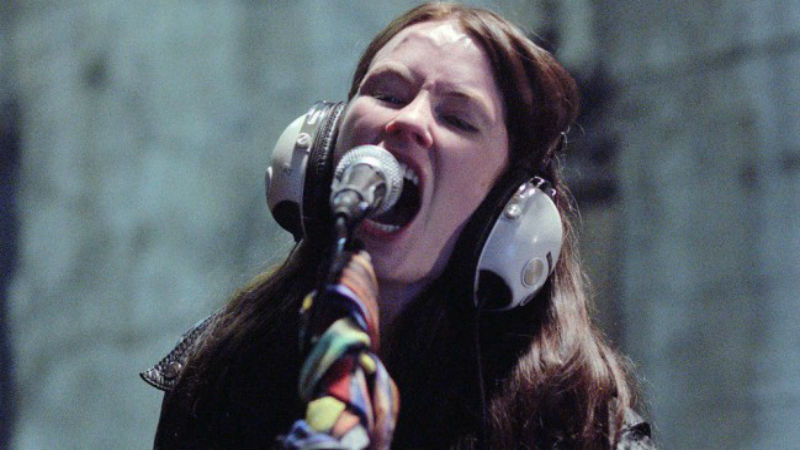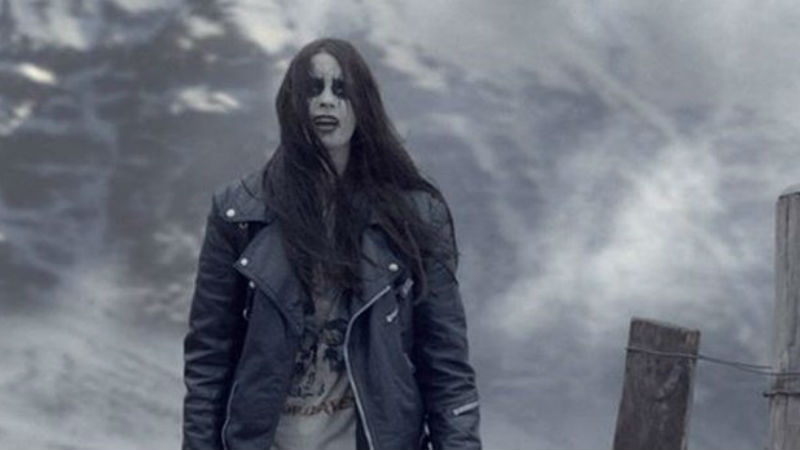QUICK SNAP: LIVE FROM LOCARNO
The name is ironic. Bitterly so. There are certainly no safe places in Safe Place, a realist, grim and unrelenting exploration of man’s inner darkness and the difficulty of lifting up those who succumb to it. A confident debut from director Juraj Lerotić, it’s a harsh and unforgiving experience, all the more brave for tackling its central tragedy straight on.
The opening expresses the universality of the topic. The film starts on an inauspicious Zagreb housing block, with kids playing in the car park and other people going about their day. Suddenly, a man bursts into the frame, runs across the car park and breaks the door down. In one of many rapid shifts in this film — which toys with temporality, reality, and our sense of space to excellent effect — we see Demir (Goran Markovic) on the floor, just about clinging on after a suicide attempt. He is cradled by his brother (Juraj Lerotić himsef), who waits until the ambulance arrive.
This is the start of many intense and dark scenes, as we follow Demir being moved between hospitals and police stations, going missing and returning again, unable to express his trauma and refusing to get any better. Played with total passivity by Markovic, he is a man on a mission to die. Neither a veteran of the war or, as he puts it, “a starving child in Africa”, he nonetheless seems unable to see the positive side of life. It doesn’t help that the doctors, police officers and other officials seem unbothered by his problems, creating a further feel of total alienation.
There is a Romanian New Wave feeling to this movie, both in its exploration of bureaucracy, and its moments of pitch-black comedy, as well as the way it always keeps us in the moment, closely observed by the camera, which rarely goes for flashy movements or extraneous gestures. The most obvious similarity in its depiction of an uncaring state is The Death of Mr Lazarescu (Cristi Puiu, 2005) as well as Aurora (2010), where Puiu, like Lerotić maintains complete auteur control by playing the main character. Meanwhile, its unrelenting one-thing-after-another approach brings to mind Pilgrims (Laurynas Bareiša, 2021), and might even be able to match that Latvian film’s moderate success.
Despite these Eastern European influences or similarities, there are certain breaks that feel like Lerotić’s own, including a willingness to toy with the reality of what we are watching, inserting purposeful breaks in our understanding of the narrative and moments of gentle surrealism. Some many find this a frustrating and slow watch, but I found mesmerising and hypnotic moments within the unremitting darkness. Suicide is a terrible thing and disproportionately affects young men, who are often unable to talk about their feelings. Sometimes someone has to tell it like it is.
Safe Place (Sigurno mjesto) plays as part of Concorso Cineasti del presente at Locarno Film Festival, running from 3-13th August.










